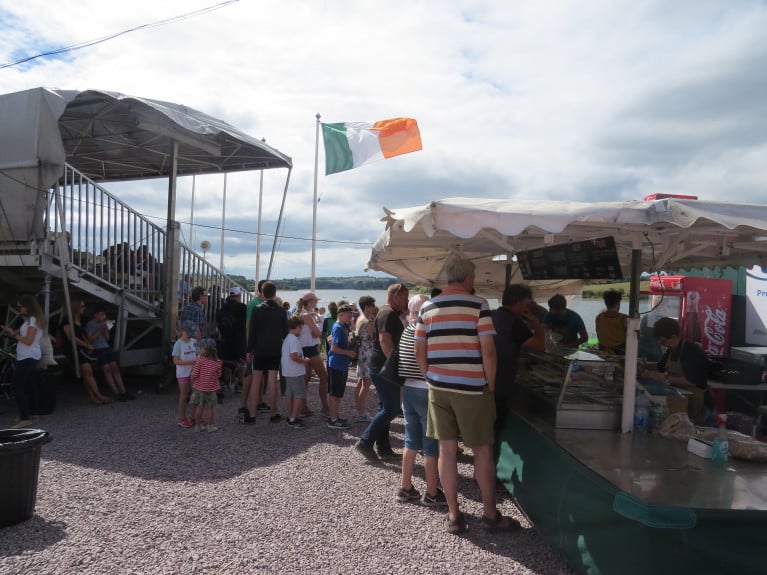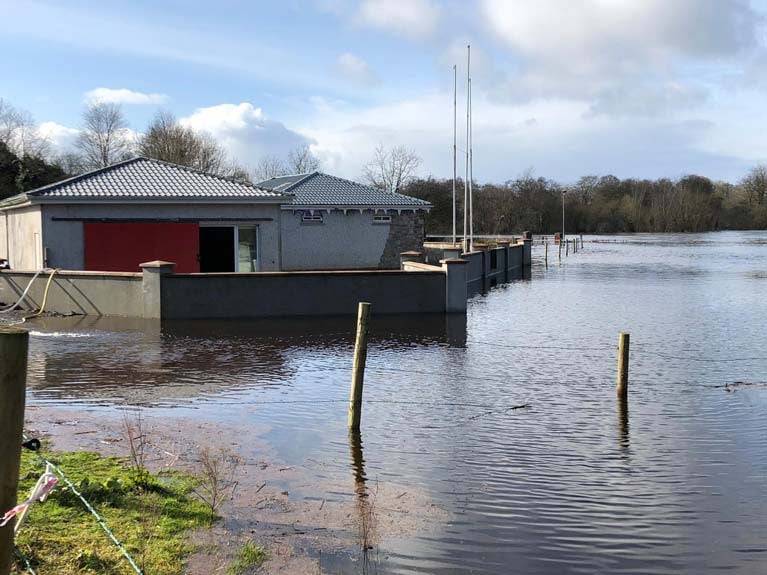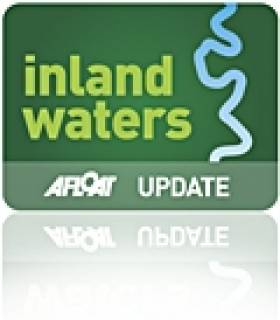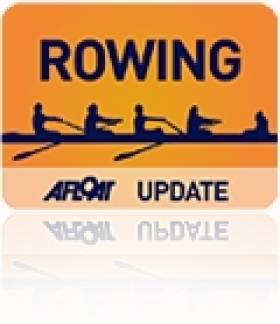Displaying items by tag: Floods
Corrib Head of the River, the rowing event scheduled for Galway on Saturday, has been cancelled because the flow of the river is too strong to safely hold the event. This means that all seven heads which should have been held this year have been cancelled.
Meanwhile, Rowing Ireland has announced that it will limit access to the National Rowing Centre to high the Olympic training squad, coaches and “essential staff”.
Rowing Ireland says that no one outside this group will be granted access until April 5th, when the decision will be reviewed.
Development camps, trials for under-23 and juniors and club and schools activities will not be allowed.
High Water Levels on Shannon Hit Rowing Clubs Hard
Rowing clubs along the Shannon have been badly affected by high water levels. Carrick on Shannon and Athlone have both been hit, while Castleconnell is flooded. This came despite pumping. The gym equipment had been moved out and the boats are stored higher up the bank.
This ESB at Ardnacrusha stated: “Due to heavy rainfall in the catchment we will be increasing discharge from Parteen Weir. You are being notified that water is about to be discharged above 325 m3/sec. This will result in flooding of roads, land and may affect property. You are advised to be aware of increased flows in the river as a result of this water discharge. Further increases in discharge may be required. Approx. 400 m3/sec will be discharged.”
National Emergency Group Hears Of River Flooding Threat
#Floods - Fears that the Shannon and other rivers have no more capacity to absorb floodwaters are on the increase, as State agencies fighting the tides met in Dublin yesterday.
According to The Irish Times, the National Emergency Co-ordination Group was warned that with more heavy rain due over the next few days, Ireland's rivers have literally reached breaking point as waterlogged lands drain into our inland waterways.
But Environment Minister Phil Hogan said the present situation did not constitute a national emergency, in spite of some of the worst flooding ever experienced in Limerick and Cork over recent days.
The Irish Times has more on the story HERE.
Head of the Shannon Falls to Floods and Metro Moves to May
#Rowing: The Head of the Shannon, set for this Saturday, has fallen to the bad weather. The event, organised by Carrick-on-Shannon Rowing Club, cannot be held because the river is in flood. The weather forecast is for more high winds.
Irish rowing has had no on-the-water competitive events this year so far, as the St Michael’s, Kerry and Sligo heads have already been cancelled, though St Michael’s say they hope to stage their event on February 22nd.
The Dublin Metropolitan Regatta will now take place on May 17th, moving from its slot in June to fill the space left by the cancelled Queen’s University Regatta.































































